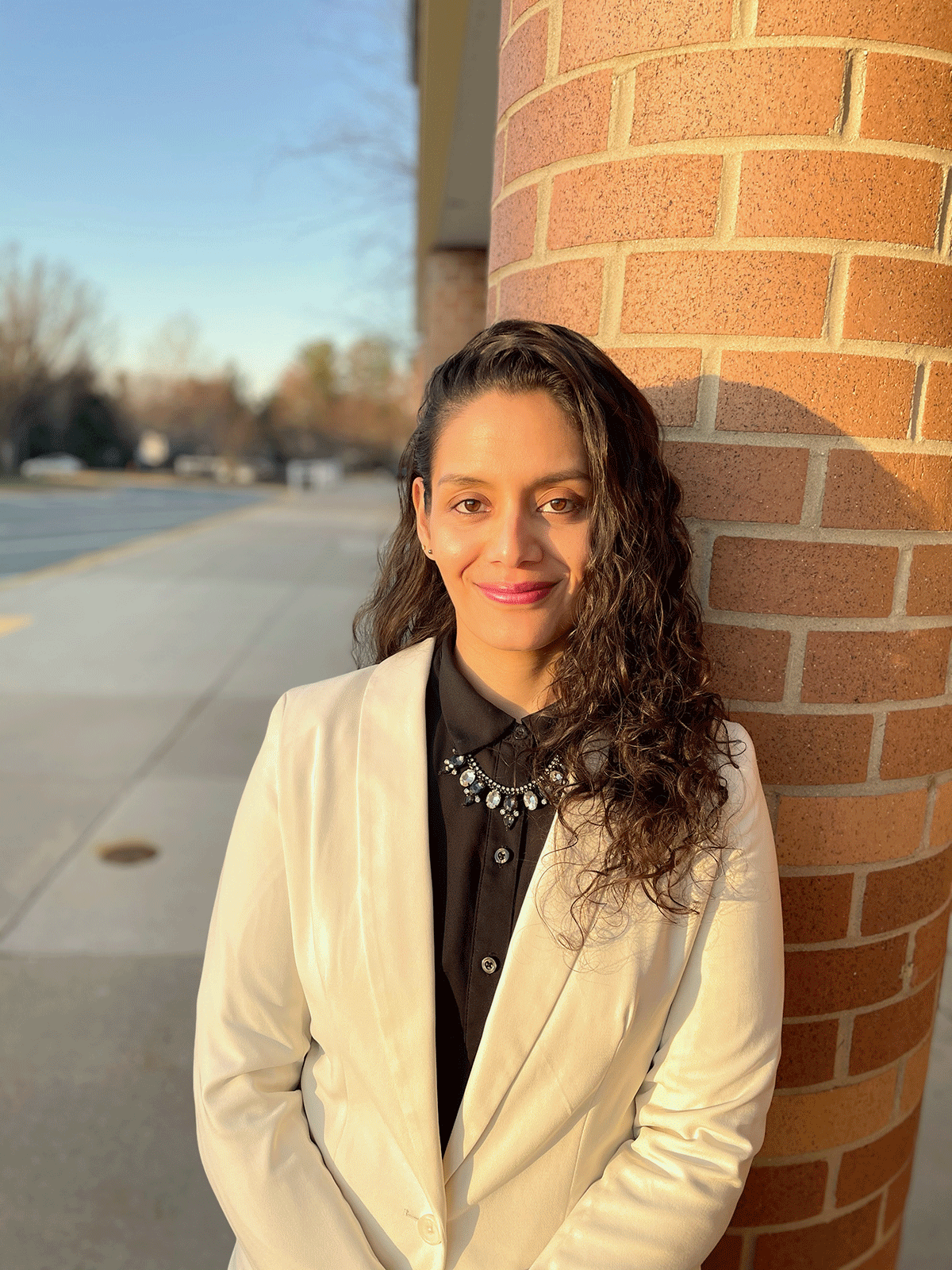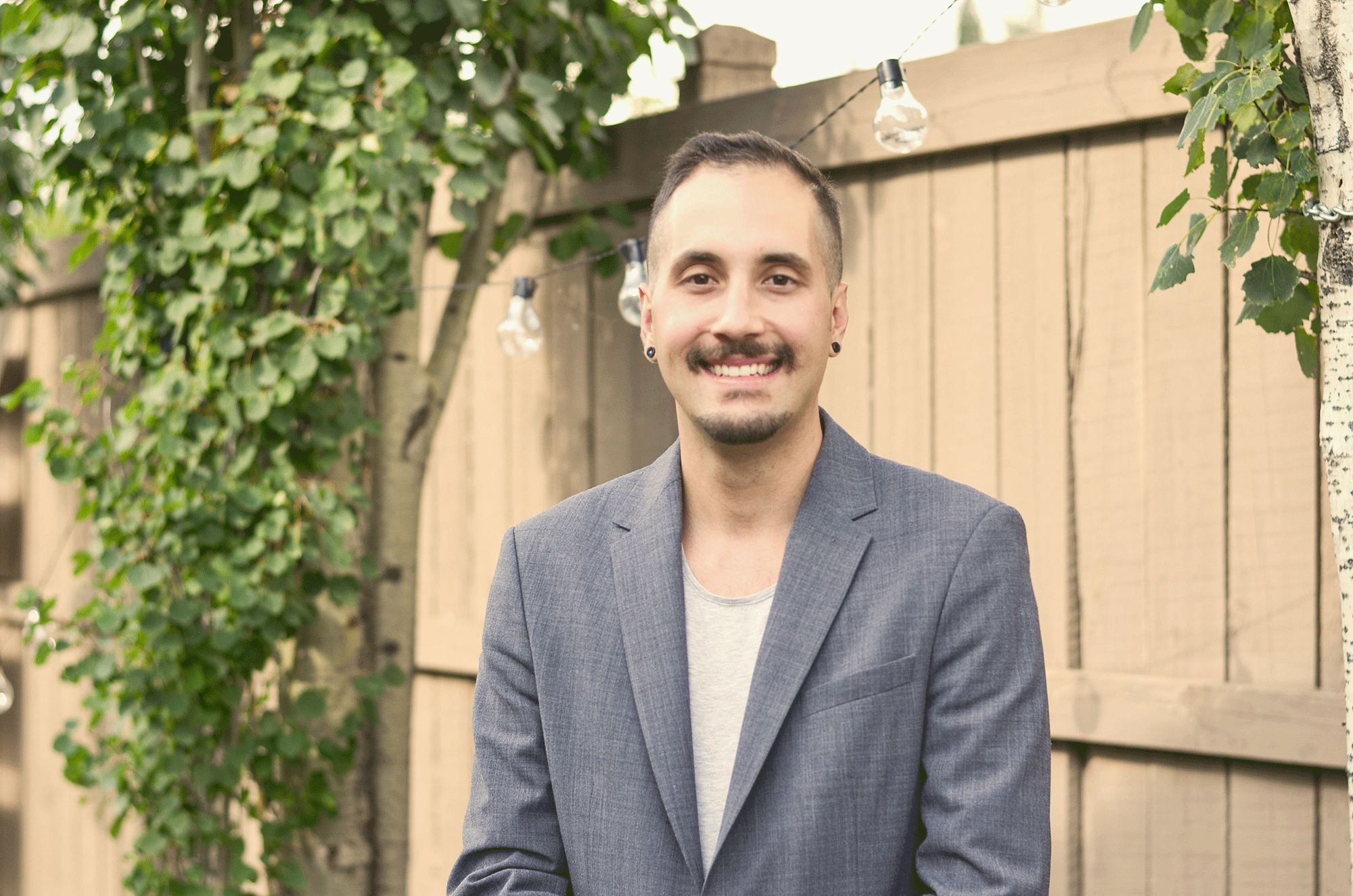On this page
Kathy Guevara
Program Manager for Out-of-School Programs, DC Department of Employment Services, Washington, DC
Programs: Essential Management Skills for Emerging Leaders; Ethical Leadership; Strategic Project Management
Why did you decide to participate in Harvard Professional & Executive Development?
In mid-February, I moved into my current role as program manager for out-of-school youth programs. In this role, I organize training programs for young people who have just graduated high school, received their GED, or dropped out of school entirely. Our goal is to partner with the community to offer intensive training opportunities to help them explore potential jobs like certified nursing assistant, EMT training, culinary arts, CDL Class B, etc.
Prior to this role, I was a program analyst for the DC Infrastructure Academy, also under the Department of Employment Services. My supervisor in that role recommended these particular programs because she felt they would be a wonderful fit for me. She also encouraged me to apply for open managerial positions within our organization. It’s really great to know that someone is encouraging you and looking out for your career development. That’s how I want to be with my staff as well.
How did the programs help you make a difference in your role or in your organization?
I learned a lot from all of them.
Essential Management Skills was very focused on self-awareness. I wanted to learn a little bit more about myself, about how to be a leader and how to connect with people. There was a lot of opportunity for reflection but also the chance to share those reflections with other participants. Building greater self-awareness is definitely something that I’m still working on and still using. I still reflect back on what I learned in the program and how I can incorporate that knowledge into my current situation. Given my background in social work, I think that connecting personally and engaging in self-reflection is natural and important.
Ethical Leadership has obvious applications. I won’t say situations that are ethically problematic arise frequently, but they do come up, and when they do, they stand out. So that program definitely introduced a skill set that I am able to reflect back on and use.
Strategic Project Management covered both managing relationships with people and project completion. So it makes absolute sense that my supervisor recommended a strategic planning program in the beginning of my role. It’s also important because there’s been a lot of transition in our department, both in terms of organization and personnel. The program helped me think more strategically through those transitions, as well as build relationships with my team, which is super critical. And I’m trying to ensure that that relationship-building trickles down to the young people we work with as well as our training providers.
How have these programs helped you in your career development?
The programs have encouraged me to look for opportunities where I can say, “Where else can I go? How else can I grow? What else do I need to support my career development?” I really want to continue to improve my capability for self-reflection.
I’d also like to explore how I can offer what I have learned to other people. I’ve been working on figuring out when is the right time to work with my team members on these issues.
What were the most memorable lessons from the programs you attended?
I absolutely loved learning to identify my own strengths in these programs. I also really benefited from learning how to develop a team. I learned to look for other people’s strengths in order to build a stronger, more well-rounded team. That is definitely something that I’m continuously working on now. For example, I can identify individuals on my team that I know think like I do. But I often have to privately sit back and reflect on how someone else’s perspective or experiences might be causing them to react differently to a task or a situation than I might, or why that task or situation might be challenging for them. I try to ask myself, “What else could we do differently to improve?”
What was the most challenging aspect of the program?
It was both challenging and awesome to be interacting with people from so many different countries and different types of work. I never thought I would be talking to someone in the seafood industry in South America, for example! Understanding what their work looks like was definitely eye-opening. There’s no similarities with what I do, so I had to shift the way I think. But stretching your thinking like that helps build your ability to be innovative. And for me, specifically, innovation is not at all my strong point.
It was very rewarding to have the opportunity to sit in a classroom—even if it is virtually—with people across the country, people across the world, all of whom are going through the pandemic at the same time. That brought us together, and we were able to share how it has impacted our organizations and our roles. That was a good experience too.
In terms of content, I think the ethics program was the most challenging. The topics were challenging. Some topics felt like they could be relevant to the moment, like dealing with COVID and talking about vaccinations. But mostly, the challenge was being open to hearing different people’s opinions and thought processes. It was challenging to force yourself to think differently and be open and welcoming to those ideas. That’s the only way that you’re going to grow and learn from the program. I’ll admit that I did not know what to expect from the Ethical Leadership program. I was not sure if it was going to be enjoyable, but it was. It was challenging, but also memorable and entertaining.
Have any of the programs helped you build a professional or a personal network?
A group of people from across the Department of Employment Services took the programs along with me. I didn’t know them before the program, and being able to meet them and interact with them virtually was actually kind of cool. Once I met them, I started to see them around in the building and talk to them. It’s great to be able to build new relationships in that sense.
Is there anything else that you would think people should know about a particular program or your experience overall?
You get out what you put in. Be open to new ideas. Turn your camera on and participate in the discussion boards and the breakout rooms. If you can do that, it will be the most rewarding experience and will help with whatever might be necessary for you.
Describe your Harvard Professional & Executive Development experience in one word.
Rewarding.
This interview has been edited for length and clarity.

